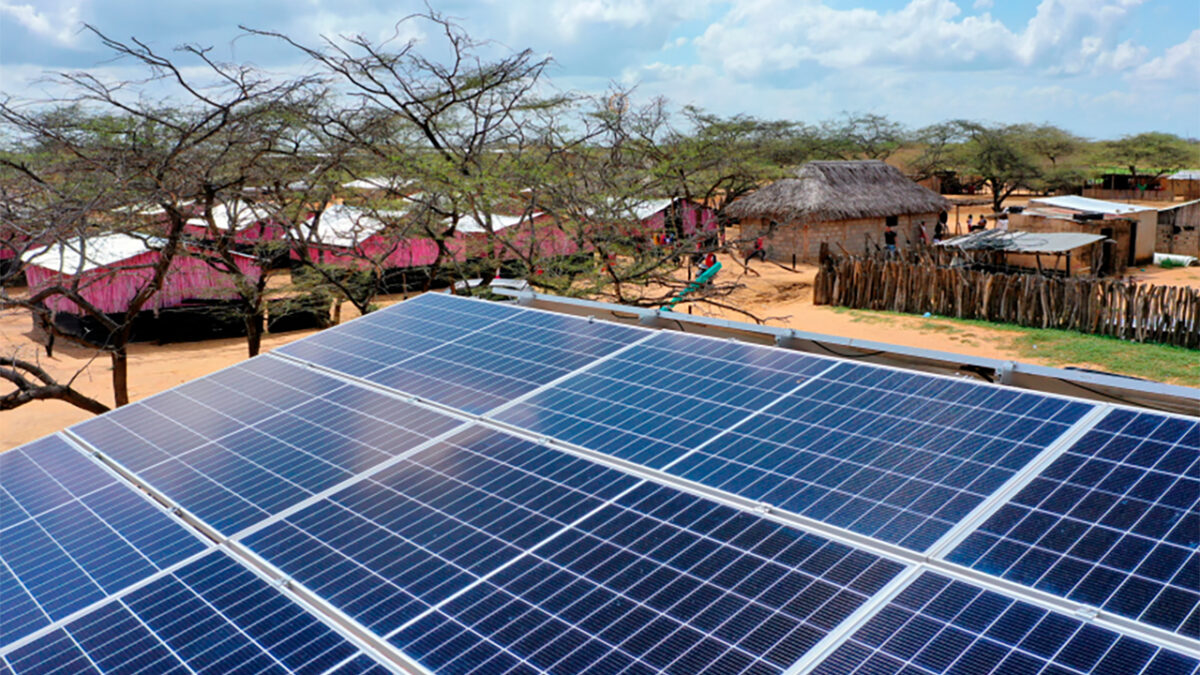From pv magazine LatAm
Colombia's Ministry of Mines and Energy has issued new rules for the deployment of energy communities across the country.
The new provisions define energy communities as organized groups of electricity consumers that can associate to generate, sell, or efficiently use power through renewable energy, renewable fuels and other distributed resources
The regulations make a distinction between collective self-generation, which is aimed exclusively at meeting a community's own power demand, and – collective distributed generation, which entails the possibility of selling power to the grid or other entities.
The rules also say that the energy communities can associate with each other to set up associations of energy communities, through signed agreements.
Popular content
“From a single photovoltaic solar generation asset, energy could begin to be supplied to a community of users, which would provide a solution in the supply of energy to industrial users,” the founding partner of Oge Energys, Hemberth Suárez Lozano, told pv magazine. “Another novelty has to do with the maximum power limit, which for self-consumption projects may now exceed 1 MW. But we will have to wait for the Mining and Energy Planning Unit to accurately define this size limit.”
The new provisions also state that users must be associated through contracts, which will be convenient to define their respective energy shares.
“As for now, these agreements are the result of the free will of the parties,” said Suárez Lozano.
This content is protected by copyright and may not be reused. If you want to cooperate with us and would like to reuse some of our content, please contact: editors@pv-magazine.com.



By submitting this form you agree to pv magazine using your data for the purposes of publishing your comment.
Your personal data will only be disclosed or otherwise transmitted to third parties for the purposes of spam filtering or if this is necessary for technical maintenance of the website. Any other transfer to third parties will not take place unless this is justified on the basis of applicable data protection regulations or if pv magazine is legally obliged to do so.
You may revoke this consent at any time with effect for the future, in which case your personal data will be deleted immediately. Otherwise, your data will be deleted if pv magazine has processed your request or the purpose of data storage is fulfilled.
Further information on data privacy can be found in our Data Protection Policy.